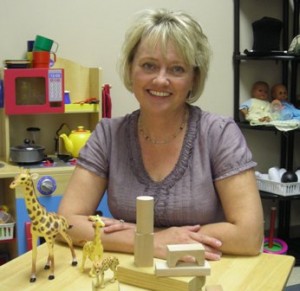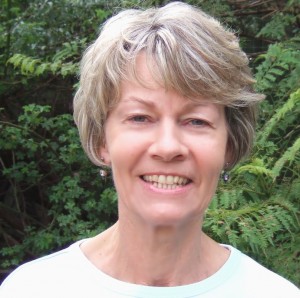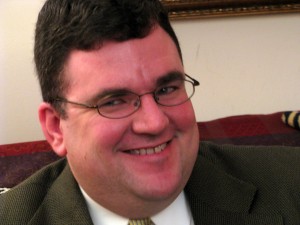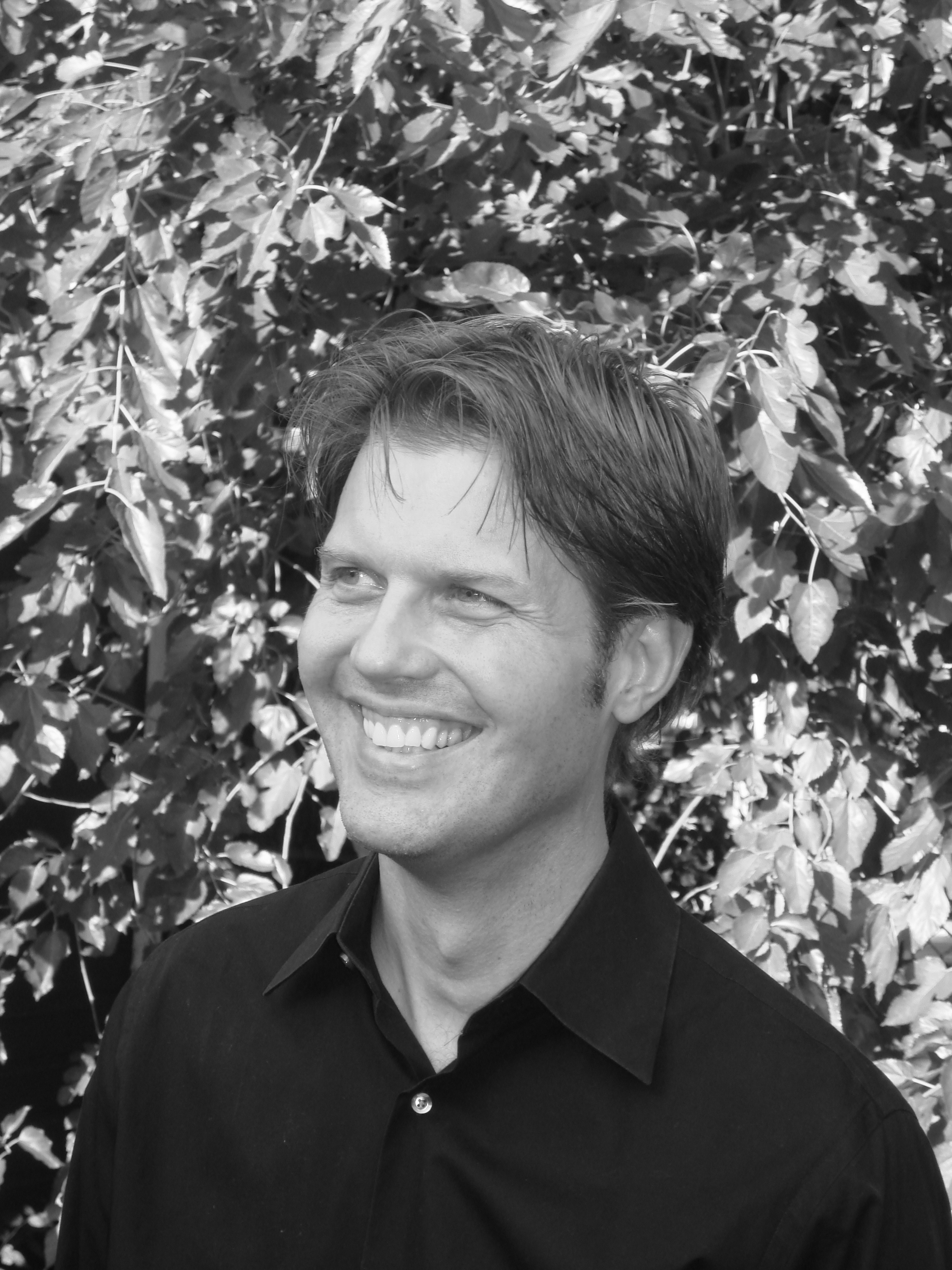 Just six months ago Pennsylvania licensed professional counselor Barbara Flor opened her private practice. What inspired Barbara to take the leap into being her own boss? What challenges and joys has she experienced in the process? Read on.
Just six months ago Pennsylvania licensed professional counselor Barbara Flor opened her private practice. What inspired Barbara to take the leap into being her own boss? What challenges and joys has she experienced in the process? Read on.
Tell me a little about your practice…
I am a sole practitioner with an office in my home, in Mechanicsville, Pennsylvania. I live on several acres surrounded by tranquil farms and tree-lined properties, so it’s a very peaceful, private setting. I provide individual, family and group counseling for children, teens and adults with an emphasis on improving interpersonal relationships and family dynamics. My years of experience as a school counselor, educator and victim’s rights advocate, gives me strong insight into issues affecting women, children and families as a whole.
Why did you decide to open a private practice?
I started my practice about 6 months ago, after years of dreaming, planning and procrastinating. When my children were in college and I was an official “empty-nester”, I realized it was now or never. I have been in the field of counseling and education for over 20 years, mostly working for schools and colleges, but I also volunteered my time at a victim’s assistance agency and became trained as a sexual assault counselor. I have a passion for issues that impact women and children. Owning a private practice allows me to concentrate on that passion.
Clients that therapists find to be the most “difficult” are sometimes the ones who can teach them the most. What have you learned from your toughest clients?
I have learned patience, empathy, flexibility and honesty. There is usually a reason people are the way they are. Who am I to say that if I lived their life, in their environment, with the experiences they have endured, that I would be any different. They are doing the best they can with the hand they’ve been dealt. I need to do the best I can to help them with that and sometimes that means being honest and saying, “I’m feeling stuck, frustrated, confused...how can we move past this?” With children, this can be even more difficult. It’s imperative to meet the child on his or her developmental level and attempt to move forward from there in a manner that works for that child. That may involve books, games, play, art, or talk therapy.
What’s your biggest pet peeve about private practice?
My biggest pet peeve in private practice is dealing with insurance. I hope to someday become a private pay practice, but have found it is difficult to get started in my area without taking insurance. I am competing with many other therapists who accept insurance. I am on a few panels and am working consistently to get approved by more. It is time consuming to do this and to do all the paperwork required to get paid.
How did you discover or develop your practice “niche”?
My passion is working with women and children. While I do have several clients that fit in this “niche”, I also work with couples and families. I have to say I do enjoy the variety as well. Many issues that affect women and children also affect couples and families, so the skills I have acquired over the years are helpful with all the populations I serve. For many clients it comes down to relationships - relationships between parent and child, husband and wife, siblings, and other loved ones and significant others. We all have the basic need to feel loved, respected and to have a sense of safety, security and belonging.
What resource (book, website, person) helped you the most when setting up your private practice?
The Internet has been the overall, best source of help in my endeavor. Between LinkedIn groups and Facebook groups for private practitioners, as well as numerous online resources and continuing education opportunities, I have massive amounts of information at my fingertips. Specifically, Julie Hanks’ Facebook group, “Private Practice Toolbox” was the first resource I sought out and it helped me immensely. I felt very comfortable and welcome in this group. The members are kind and knowledgeable and are always there with helpful advice. From there, I learned about other groups on LinkedIn, as well as books, websites and other people who have helped me along the way. Joseph Sanok, a member of the “Private Practice Toolbox” Facebook group, helped me with the resources I needed to create my own website. And many other members encouraged me to start a blog. I could not have done all that I have in the last six months without these helpful, knowledgeable profession also. It also hasn’t hurt to have a husband who is a financial guru.
What has surprised you most about being in private practice?
I am most surprised that I find being in private practice so fulfilling. I truly love spending time in, and working on, my practice. It is my “baby” and as they say, “If you love what you do, you never have to work a day in your life”.
Has your private practice helped you grow professionally?
I have learned so much about myself as a professional and the things I am capable of doing. It has given me the self-confidence to continue moving forward, even on the rough days.
Has it helped you grow personally, too?
Personally, it is a great feeling to know you are a professional who can earn a living doing something you love.
Being a therapist can be emotionally exhausting. What do you do to care for your own emotional and psychological health?
Walk. Laugh. Love. I love to walk. I try my best to walk at least 30 minutes a day, preferably outside if weather permits. I love to laugh. It is true that laughter is often the best medicine. I make sure to try and laugh everyday, whether by watching enjoyable television shows, funny movies, or connecting with family and friends, I can feel the stress leaving my body when I laugh. I recommend this to my clients as well.
How do you cope with the inevitable stressors involved with being your own boss?
I have had some very difficult jobs in my life. When I am having a particularly difficult day, I think of those former challenges. So far, nothing in private practice has been as stressful as some of those experiences!
What personal strengths have helped you succeed in private practice?
I have a strong business background consisting of an undergraduate degree in business, combined with experience working in business and with business start-ups. This has been very helpful. A private practice is a business. Graduate school in the mental health field does not prepare you for the business side of private practice. If you don’t have those skills, it is imperative that you get them, or find someone who can help you.
In addition, I have a very strong work ethic. I am disciplined, responsible, and organized. I have always lived by the motto, “Work first, play second.” This has served me well.
For more information about Barbara's private practice visit www.barbaraflor.com

 "I provide practical solutions to child behavior problems," says
"I provide practical solutions to child behavior problems," says  Specializing in vocational rehabilitation and work/life issues, Australian social worker
Specializing in vocational rehabilitation and work/life issues, Australian social worker 

As healers, we genuinely like to do our work. Guiding clients through the therapy process and seeing them make progress is why we do what we do. But if you're in private practice, you know there's a lot going on in the back end and that it's crucial to run an efficient and organized business.